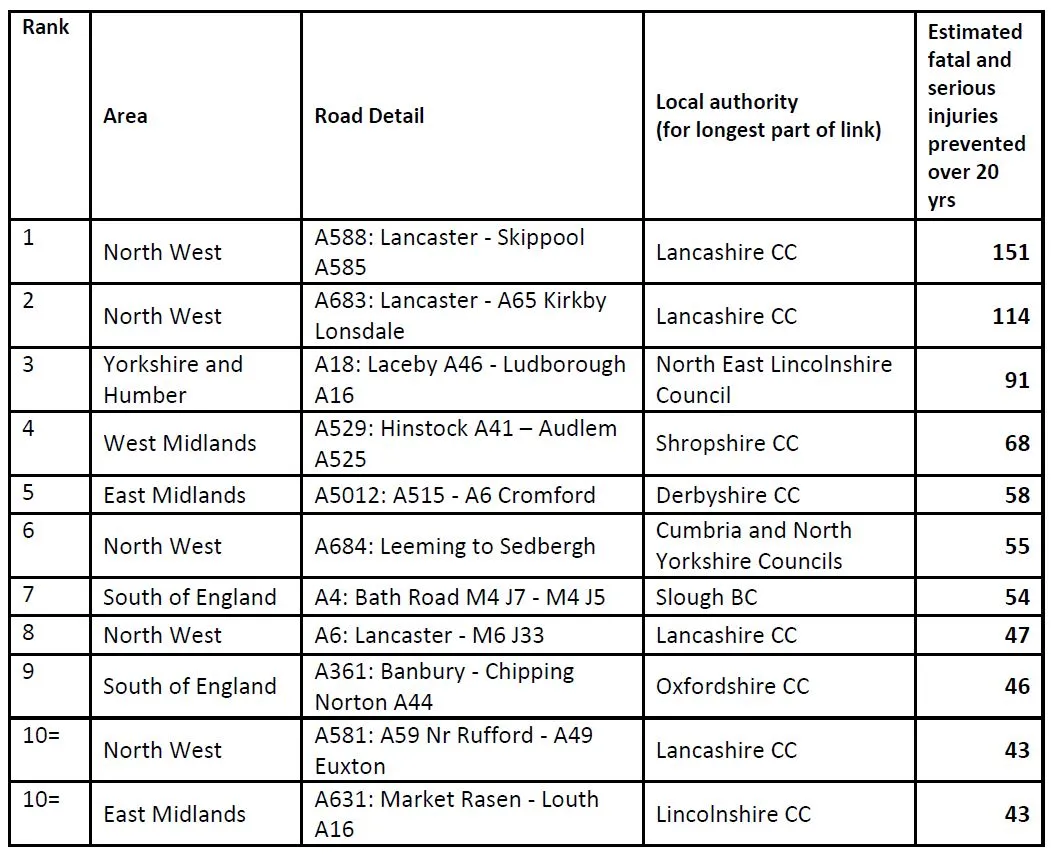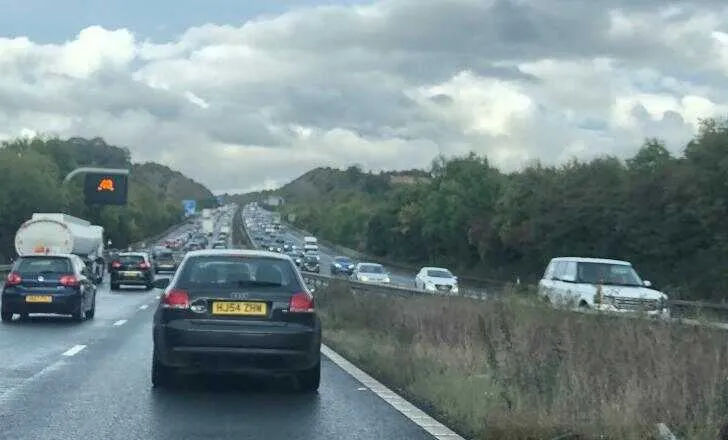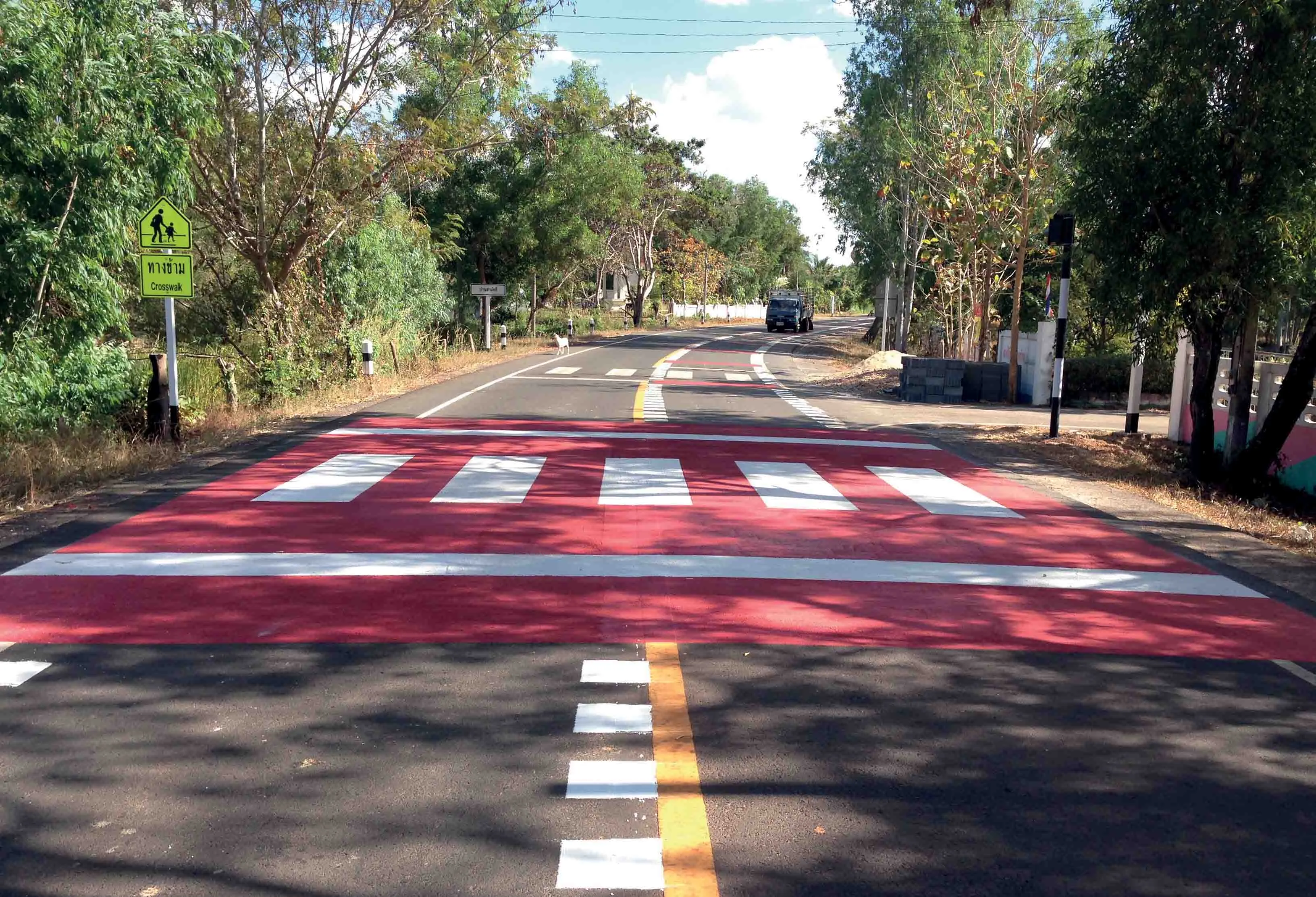
The money has been allocated from the Safer Roads Fund to rehabilitate the roads - all of which are under the management of local authorities – over the next decade.
However, an analysis by the
Some of the work is simple and straightforward, such as putting in rumble strips, improving visibility at junctions and protecting or removing trees, poles or lighting columns.
A total of 48 projects are planned that entail upgrades to 700km of roadways, of which 467 will have improved shoulders, 240 will get improved speed limits and 112 will be resurfaced.
There will also be 135 new pedestrian crossings, 33km of new or improved cycling facilities and 17km of new or improved footpaths.
Traditionally, steps are taken to improve safety after a crash, while the Safe System approach uses road engineering to try and prevent crashes from happening in the first place.
Safe System working recognises that humans are error prone and some crashes are inevitable. To improve the survivability of these crashes roads and roadsides are reengineered to make them more forgiving when an incident occurs.









